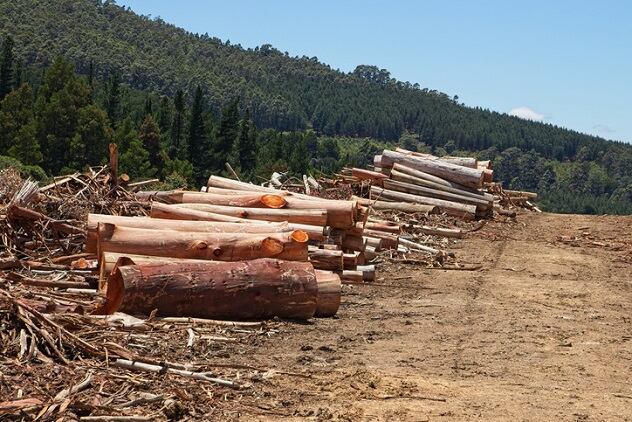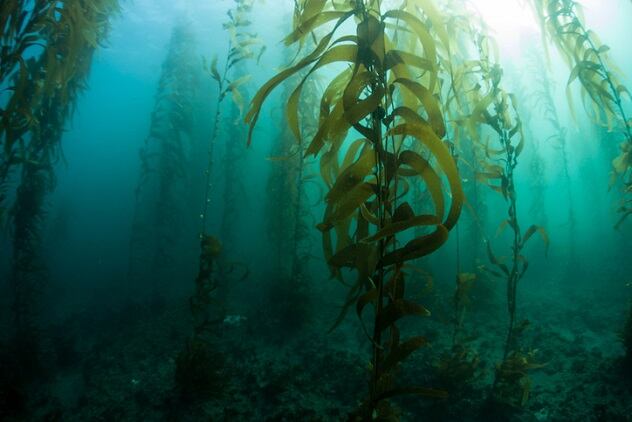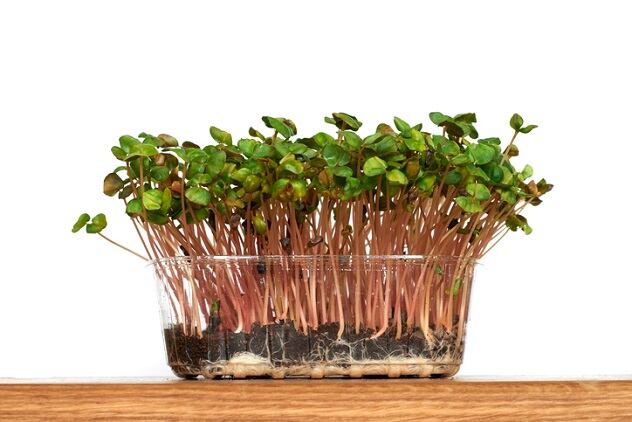In a social media post this past Monday, Unilever wrote, “Our goal is to have zero net deforestation in our supply chain. And we believe that transparency will help us get there. This is why, today, we are making public our direct suppliers for two important forest risk commodities: paper and board, and soy.”
The post continues, underscoring the company’s intention to share accountability with its partners as Unilever works to achieve a zero-deforestation supply chain: “We can only achieve this goal with the support of our suppliers, and we expect them to play a key role in adopting sustainable agriculture and forestry practices.”
Looking ahead to 2020
In 2010 Unilever set a goal to have zero net deforestation in 4 commodities: palm oil, soy, wood fiber-based materials, and beef. The company has since added tea and its supply chains to that list of zero-deforestation projects.
The company explains the project in both environmental and economic terms in a position document, saying “Unilever is committed to playing a significant role in mitigating climate change by reducing our carbon footprint across the value chain, including elimination of deforestation from our supply chains. Eliminating deforestation will also have positive impacts on biodiversity, ecosystem services and the lives of local people dependent on forests for their livelihoods. It is important to ensure that forest protection is compatible with overall economic development.”
Buying up palm and soy
Unilever is the world’s largest buyer of palm oil, purchasing 3% of global production annually; and the company also buys 1% of the world’s soy production each year – small numbers that amount to big quantities of these commodities.
“We’re focusing on playing a leadership role in breaking the link between palm oil production and deforestation,” states the company on the ‘Protecting our forests’ page of the Unilever’s ‘Sustainable Living’ content. And again the company notes the importance of sharing the responsibility with suppliers.
“We want to use this purchasing power to transform these sectors – through partnerships, advocacy and committed work on the ground. Our scale enables us to have an impact but even so, we can’t achieve the level of change needed on our own,” says the company.
Listing all the companies
The list of soy bean oil suppliers includes 23 companies that, according to a footnote, provided 99.9% + of the Unilever's soy oil last year. The list includes the Archer Daniels Midland Company, a few Bunge companies, and a few Cargill companies, as well as several other global suppliers of soy. The full list can be found online here.
The company’s paper and board suppliers list (for 2018) runs for some 9 pages and includes several DS Smith Packaging businesses, Interpack SA, New Era Packaging, Shanghai Sunglow Packaging Technology, and many other companies. That full list can be found here. (And a list of Unilever's 2018 palm oil mills can be found here.)
---

Deanna Utroske, CosmeticsDesign.com Editor, covers beauty business news in the Americas region and publishes the weekly Indie Beauty Profile column, showcasing the inspiring work of entrepreneurs and innovative brands.




